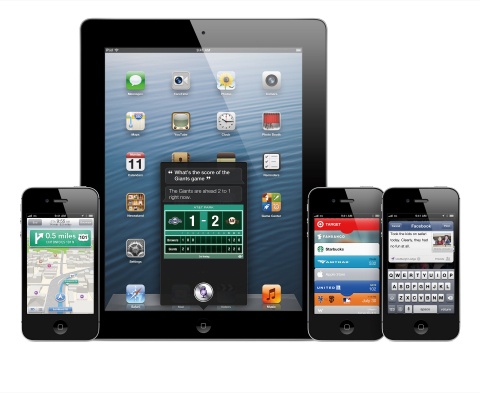Partnerpedia (http:///www.partnerpedia.com), a provider of enterprise application store and marketplace solutions, has released findings from its “Corporate Mobile App Strategy Survey.” Among the findings: the top sources for app purchases is the Apple App Store/iTunes with 69.9%. Google has 39.8%.
Respondents in the Partnerpedia survey included executives in IT, sales, and marketing, and offered insight into the various approaches and opportunities to procure mobile apps. Responses to the survey showcased why consumer-focused app stores don’t meet the essential needs of most businesses.
Top reasons include a lack of business focus at 57.5%, inability to own/control app licenses at 43.4%, and security/exposure to viruses at 42.5%. Additional responses stated that the lack of support options from vendors, as well as limited purchasing ability, such as no PO or volume purchases, also make consumer app stores ineffective for business use.
Partnerpedia grouped responses into large enterprises with 500 or more employees, and small enterprises with less than 500 employees, which presented marked differences in approach. The majority of large companies surveyed, 90.2%, are likely to procure mobile apps for employees versus their smaller counterparts at only 45.8%. On the other hand, 72.2% of small companies are focused on apps for customers compared to only 43.9% of large companies.
The Partnerpedia survey also showed that:
° In addition to customers and employees, 35.4% of respondents need apps for partner engagement and 22% are procuring apps for contractors.
° Nearly half of the companies surveyed plan to both build and purchase mobile apps as part of their procurement strategy, with the remaining half split between build versus buy.
° Of the companies that intend to build apps, 63.7% will depend on outsourced development. When selecting an outsourced development service, the top criteria are design expertise 74.3%, followed by systems integration 68.1% and customization 64.6%.
° For those building apps internally, the top three app priorities are for operations at 48.7%, customer service at 46.9%, and sales automation at 44.2%.

